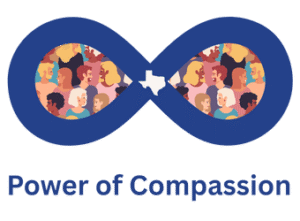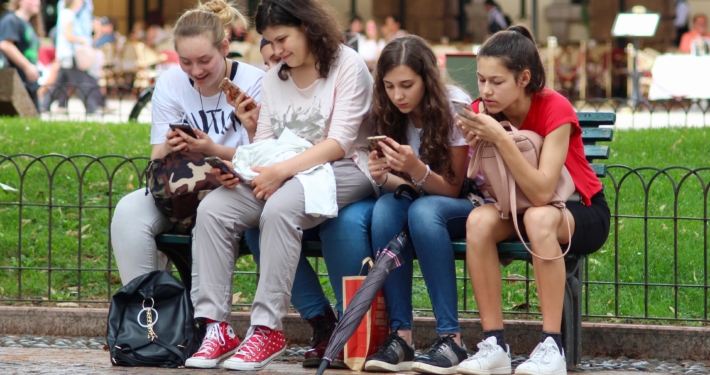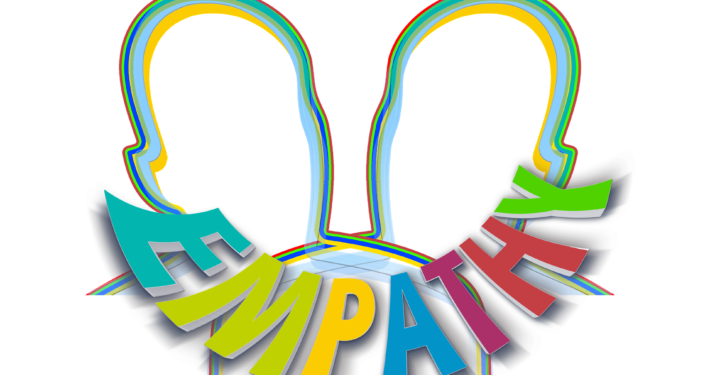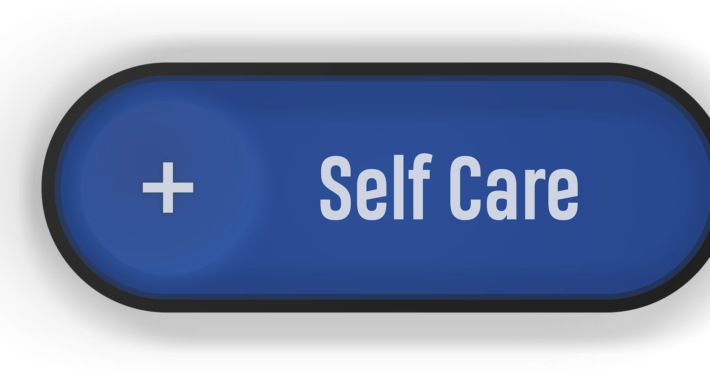The Project
From 2005 to the present day, the integration of social media networks in an American’s everyday life has grown from 5% to 70% with little to no support when it comes to navigating the effects of communicating and building community online.
The NVC Toolkit for Social Media program is focused on building a foundation of care, compassion and understanding around the use of social media and provides resources that will support students aged 12-18 in responding rather than reacting in an online community. Human resources include facilitation from CNVC Certified NVC Trainer Karen Starz with support from the Houston NVC (HNVC) network (now known as Power of Compassion or PoC) of CNVC certified trainers, tech support, empathy support and support in implementing and learning the materials. Material resources include a textbook, workbook, notebooks, personalized worksheets and feelings and needs cards. The class time will consist of 1-2 hours per week of interactive curricula that will meet needs of growth, and fun and play based on supported practice opportunities. The growth of the group will be evaluated over a 6-month period based on a set of online scenarios presented at different time frames within the learning process. Measures of success would be an increase in responses over reactions to social stimuli.
When young people choose to log on to a social media platform, they are looking to meet a need. Maybe it’s fun and play or to matter but often, the impact of this strategy does not meet the intention. An example of this is the story of a 14 year old from St. Louis shared by the Center for Humane Technology. Looking to fit in and belong, she took to social media at the age of eleven or twelve using TicTok and Tumblr. Reflecting on the experience, she shares
‘I REGRET IT!!! My self-confidence PLUNGED. When I was younger, I used to love myself so much, love my body and my personality and I never obsessed over the little things because everyone makes mistakes sometimes. I really struggled when I looked in the mirror after joining social media- I’m too fat, or I have ugly features, or my neck is too long, or my hair doesn’t frame my face correctly. I overthought every word that I spoke, for fear of being unliked by someone. It was always something, and it still comes back every once and a while. I also have seriously struggled with depression and anxiety that I never had before social media, and I overlooked it until I started to have suicidal thoughts and considered starving myself to lose weight. I hated myself, and I hated my life.”
Karen Starz and PoC plan to show that creating an NVC (nonviolent communication) based support system for youth spending time online will provide the tools to process what is seen and heard virtually in a way that increases self connection, connection to others, and decreases emotional attachment to their online presence.
Background
This innovative pilot program project for youth in the United States was created by Karen Starz, Certified NVC Trainer and has been fully funded by the Grose Family Foundation in collaboration with Power of Compassion (formerly Houston Nonviolent Communication). The initial online pilot program, NVC Toolkit for Social Media, with youth and adult participants, concluded February 12, 2022.
This was a new and expanded iteration of the original program. A community was selected and Karen Starz coordinated with school and youth organization leadership teams to promote the program within their collective communities, and created a supportive curriculum using data and feedback collected during the pilot program.
If you are an educator or administrator and would like to be considered for participation in future programs, please contact Karen Starz at starz.organizer@gmail.com.
Topics Covered in the Program:
- What impact can compassionate communication have on social media awareness?
- How do you practice kindness through online platforms
- How do you care for yourself and balance social media and life?
- Creating agreements in the digital world.
- How to “not take it personally.”
- Keeping access doable in your life.
- How much is too vulnerable? Transparency, privacy and vulnerability.
- What is accountability anyway?
- How labels separate us.
- How do we shift the herd? Modeling through social media presence.












